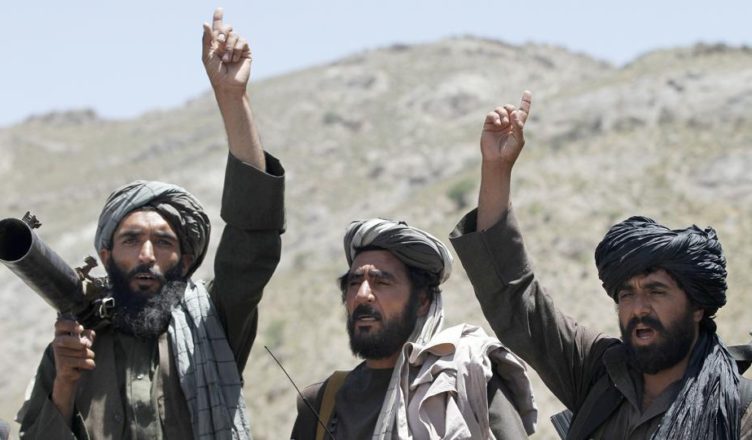Islamabad: Pakistan is bracing for a new wave of increased terror outburst from the dreaded Tehreek-e-Taliban Pakistan (TTP), the Pakistani faction of the Afghan Taliban, which had agreed for a month-long ceasefire with the Imran Khan-led government, as the militant outfit has now refused to give any extension to the agreement.
In a statement, the TTP has accused the Pakistan government of failing to honour the decisions mutually agreed in the ceasefire agreement.
“The Pakistan government has not only failed to implement the decisions reached between the two sides but to the contrary, the security forces conducted raids in Dera Ismail Khan, Lakki Marwat, Swat, Bajaur, Swabi and North Waziristan and killed detained militants,” the statement says.
“Under the circumstances, it is not possible to extend the ceasefire,” it added.
Previously, the Pakistan government and the TTP had been in negotiations and had come down to a month-long ceasefire agreement, in which, both sides agreed on a six-point agreement.
Both sides had accepted that the Taliban-led Islamic Emirates of Afghanistan (IEA) would play the role of a mediator and that both sides would form a five-member committee each, which would be the talking points of negotiations for the next course of action and demands of both sides.
An agreement was reached to enforce a month-long ceasefire from November 1 to 30. The Pakistan government agreed that it would release at least 102 improvised mujahideen and hand them over to the TTP, under the supervision of the IEA.
It was expected that the month long ceasefire would be extended further after successful talks with the TTP. But that has not happened.
In an audio message, Taliban commander Mufti Noor Wali Mahsud announced an end to the ceasefire and asked all TTP fighters to resume attacks.
“Since the TTP has not heard back form the mediators or the government, therefore, past midnight, our fighters reserve the right to resume attacks wherever they were,” Noor Wali Mahsud was heard as saying in the audio message.
The end to the ceasefire has come as a major blow to the Pakistan government as it brushes aside efforts to secure a peace agreement and closes doors for positive engagement between the TTP militants and the government going forward.
While the ceasefire had a visible impact, as TTP-led militant attacks inside Pakistan, which saw a major surge in the recent past, declined considerably.
It was also made clear from both sides that there would be some red lines, that would not be crossed. This included grouping, re-grouping, safe- havens, movements of militants from the Pakistani side.
On the other hand, the TTP had set its condition to enforce Shariah Islamic law and re-enforcement of the tribal areas as Federally Administered Tribal Areas (FATA), which was merged into the Khyber Pakhtunkhwa province in 2017.
But with the current end to the ceasefire, Pakistani security forces and the locals brace for increased targeted attacks by the TTP militants, a problem that the country has been fighting for decades.
IANS

